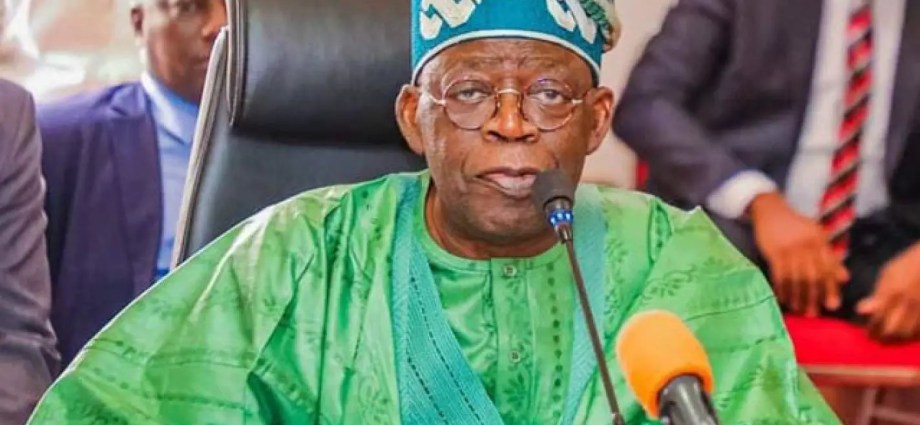“`html
Oxfam Warns of Deepening Inequality in Nigeria as 83 Million Live on Less Than $2 Daily
Abuja, Nigeria – The Country Director of Oxfam in Nigeria, John Makina, has issued a stark warning about the country’s worsening inequality crisis, where a privileged few control the majority of resources while millions struggle in poverty.
A Nation Divided by Wealth and Opportunity
Speaking at a policy dialogue titled ‘The Next 90%: Youth, Policy & A Fairer Nigeria’ in Abuja, Makina revealed shocking statistics about Nigeria’s economic disparity:
- The wealthiest 10% control 90% of national resources
- 83 million Nigerians survive on less than ₦3,100 ($2) per day
- No federal cabinet members under age 35
- Only 4.2% of National Assembly members are women
Youth Exclusion and Gender Inequality
Makina emphasized how systemic barriers prevent meaningful participation from Nigeria’s youth and women:
“Including young people in government isn’t just about fairness—it’s a strategic necessity for our nation’s future,” he argued. “Their energy and innovation remain untapped while we maintain outdated power structures.”
The gender gap appears particularly severe in education and land ownership:
- Over two-thirds of teenage girls in northern states are illiterate
- Female literacy stands at 35% compared to 59.5% for men
- Women constitute most agricultural workers but own just 13% of arable land
The Fiscal Crisis: ₦5 Trillion Lost to Corporate Tax Breaks
Makina criticized Nigeria’s fiscal policies that favor corporations over citizens:
“In 2024 alone, we lost ₦5 trillion—equivalent to 18.5% of the federal budget—through tax incentives to large companies,” he revealed. “This happens while families can’t afford basic healthcare or education.”
He proposed several reforms:
- Wealth and excess profit taxes
- Stronger corporate regulation
- Breaking up monopolies
- Increased investment in public services
Addressing the Informal Economy
With 65% of Nigerians working in the informal sector, Makina stressed the need for formalization through:
- Access to credit and training
- Social protection programs
- Simplified business registration
- Targeted tax incentives
Historical Context: A Decade of Missed Opportunities
Nigeria’s inequality crisis has deepened despite political transitions:
- Post-COVID economic recovery bypassed millions
- Fiscal deficits exceeded 5% of GDP in 2023
- Naira devaluation and double-digit inflation persisted
- Security crises expanded across multiple regions
Former Vice President Yemi Osinbajo had acknowledged these challenges in 2018, stating: “Unless we tackle corruption fundamentally, our economy will keep taking one step forward and two steps back.”
The 2023 Elections: Business as Usual?
The recent presidential election saw veteran politicians Bola Tinubu (APC) and Atiku Abubakar (PDP) dominate, while Labour Party’s Peter Obi gained surprising youth support—highlighting generational tensions in Nigerian politics.
Path Forward: Policy Recommendations
Makina outlined urgent measures needed to address inequality:
- Youth Inclusion: Mandate youth representation in government
- Gender Equity: Implement affirmative action policies
- Labor Reforms: Adjust minimum wage to living costs
- Economic Diversification: Reduce oil dependency
- Anti-Corruption: Strengthen transparent governance
As Nigeria approaches another election cycle, the question remains: Will leaders address these systemic inequities, or will the privileged 10% continue dominating the nation’s wealth and future?
“Inequality in Nigeria isn’t accidental—it’s the result of deliberate policy choices. We must decide whether to maintain this destructive status quo or build a fairer society.” — John Makina, Oxfam Nigeria
“`


